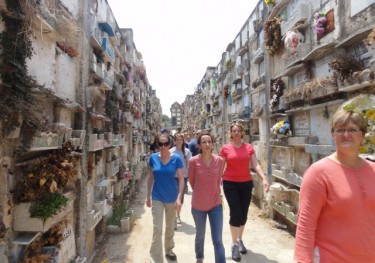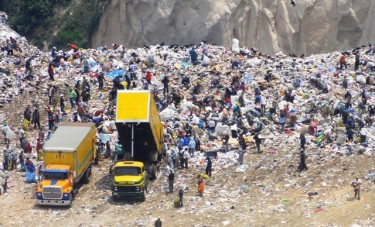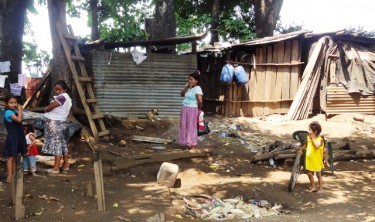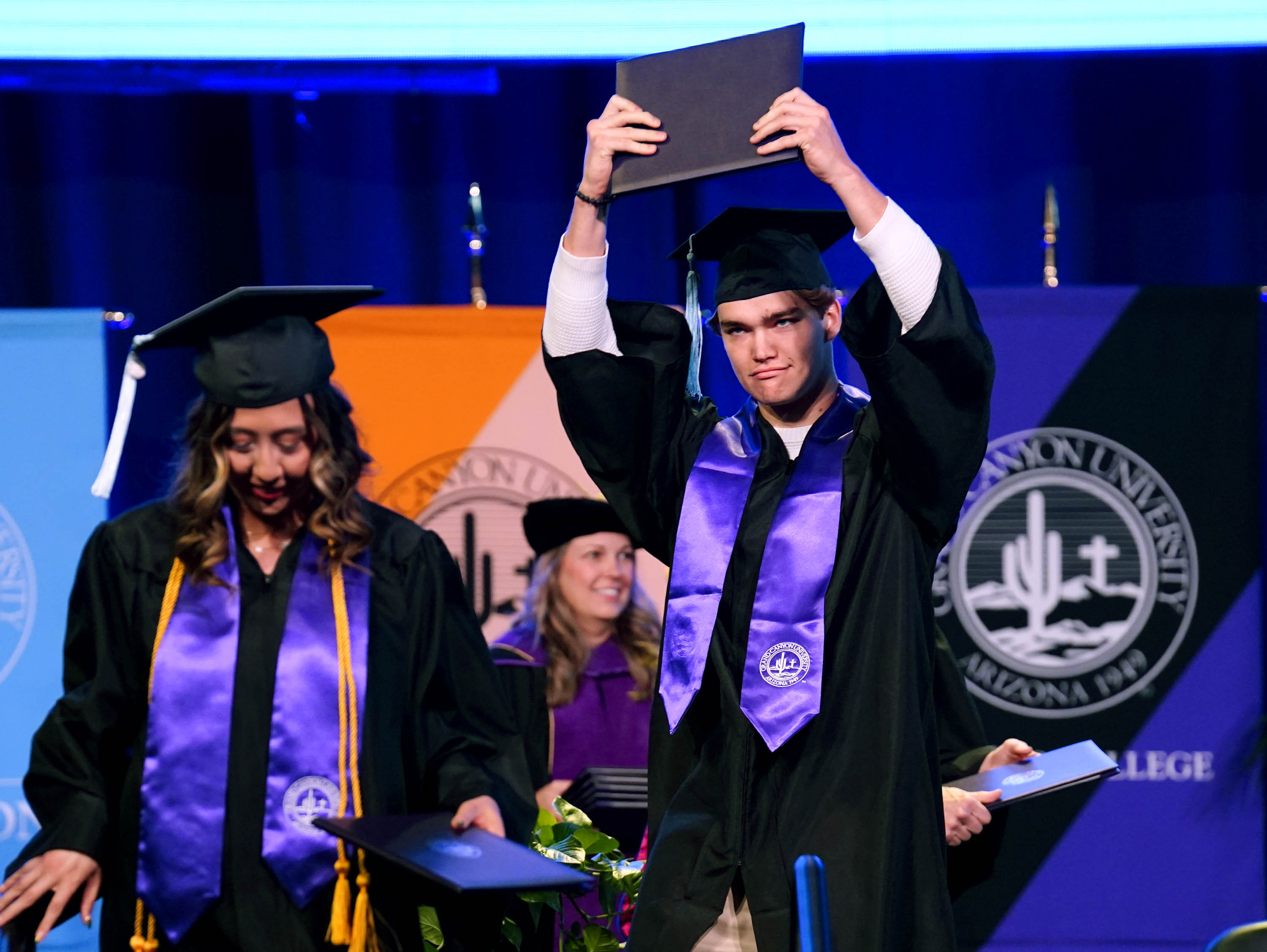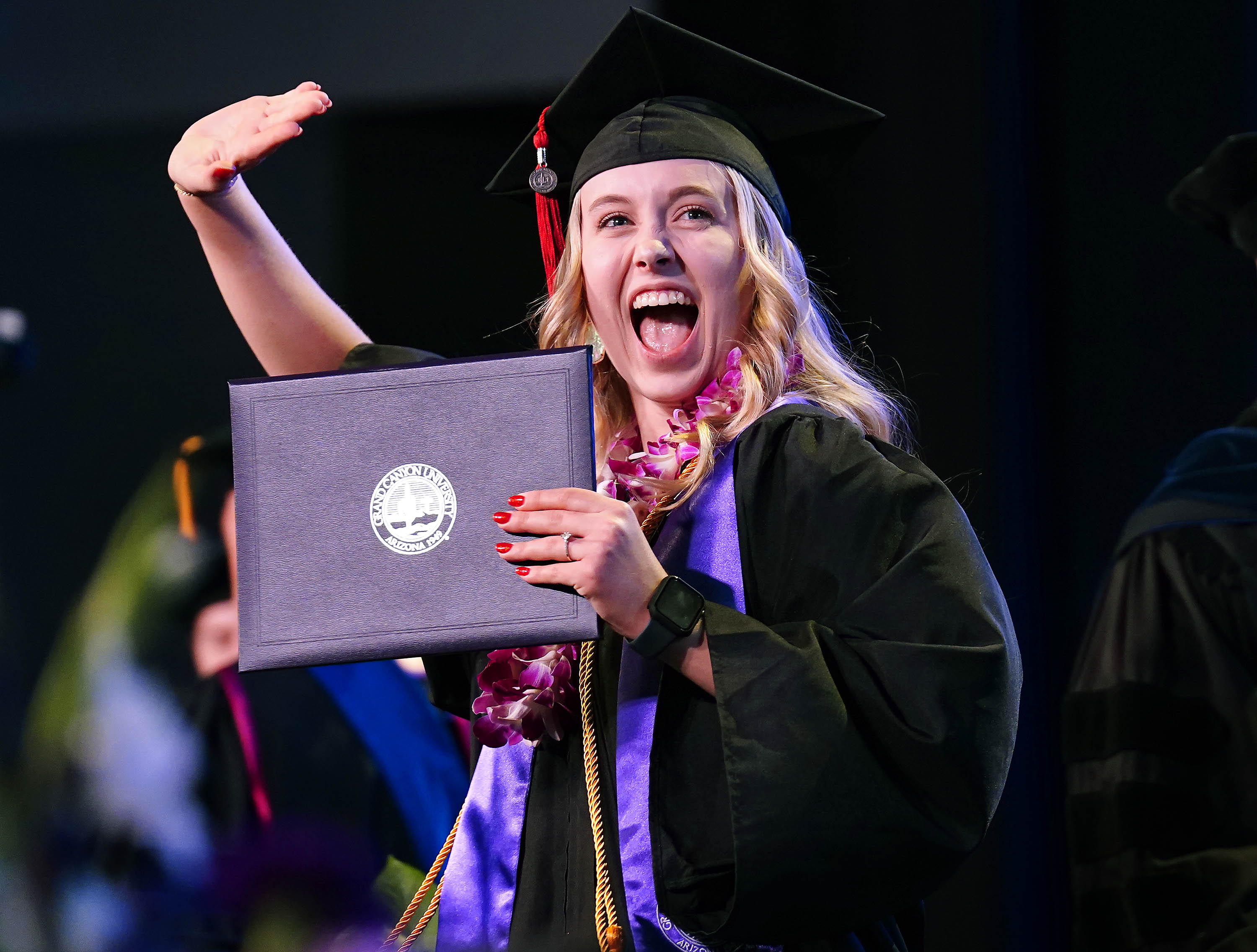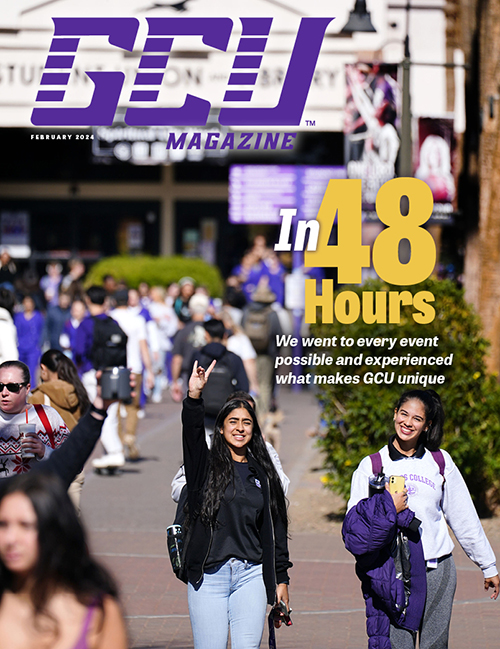By Bob Romantic
GCU News Bureau
There were times when they almost felt like prisoners.
Other times when they were horrified at the sights of a cemetery and garbage dump (which sometimes were one and the same).
And others when they felt frustrated by the level of care they could provide to some patients.
But, more than anything, GCU nursing students who took a mission trip to Guatemala this summer said they felt blessed they were able to help so many people with little to no access to health care, and thankful for the opportunity to experience a different culture.
“I got way more out of it than any of the patients we helped could have possibly,” said Tina Norton, one of three graduate students who made the trip. “They have such a different way of life; it makes me very appreciative of what I have living in America.”
Norton’s experience is echoed by dozens of GCU students every year. This year, more than 100 participants took mission trips to locations such as India, Thailand, Rwanda, Malawi, China, Costa Rica, Fiji, Peru and Mexico.
GCU students got a wake-up call when they arrived in Guatemala City. Their living quarters was a three-story building that was surrounded by barbed wire. The living conditions were fine — there was electricity, air mattresses, even the Internet — but they were not allowed to leave the compound under any circumstances, and group trips to outlying villages were taken in vans with tinted windows so that they didn’t advertise Americans were on board.
“It has really become a lawless society over there, so you pretty much hire your own law,” said Anne Wendt, an assistant professor, who coordinated the trip. “The houses up and down our street had armed guards because we were in a fairly nice neighborhood. Even the Sparkletts bottled water truck had armed guards.”
Grad student Rachel Abney said the security measures were a little unnerving, but what was even more startling was a trip to a cemetery and the dump on the first day.
The cemetery consisted of concrete caskets piled in rows seven or eight high above the ground.
“And if the family stops paying the rent on the casket, they’ll chisel out the corpse and throw it in the dump and then rent it out to the next family,” Wendt said. “That was a very moving experience for the students. Here they were standing over this dump, and on the ground they saw little bone fragments (from a child) and vultures circling around picking things clean.”
Hundreds of people live at the dump in tents, scavenging for things they can live on or items they can cash in for recycling.
“It was really sad,” Abney said. “They would all run after the dump trucks when they came in because they wanted to be the first one to go through the stuff that was being dumped.”
Exposing students to such atrocities on the first day is common on mission trips. It breaks them down and opens their eyes, exposing the world of good they can do — even in a short amount of time.
For GCU’s nurses, the “good” came in the form of day trips to remote villages in Guatemala with no running water or electricity.
There they encountered people with parasitic and fungal infections, birth defects, stomach pains from contaminated water, and skin abrasions and rashes.
Those were the easy treatments.
They also encountered others: a pregnant woman who hadn’t felt her baby move in two weeks and probably already had suffered fetal demise; another woman who had a blood clot in her leg; and a man who was paralyzed and had developed bedsores from his wheelchair that were so bad they went straight to the bone.
“It was pretty frustrating at first trying to figure out what we can do to help these people,” said Norton, knowing that treatments used in the U.S. simply aren’t available at such remote outposts. “There were some people where we couldn’t do as much as what should have been done, which is against my upbringing as a nurse. You don’t want to leave anybody behind like that. But in that situation, you kind of have to.”
In the end, the number of people they were able to help, and the gratitude of those people, stayed with the students.
“These people would offer you the food they were eating or drinking, and they had nothing for themselves. They were very gracious,” said grad student Natalie Kobinski.
“I would definitely do something like that again.”

